Invasion of the Aliens
Gray Stanback
An alien invasion is afoot in Davidson and other rural towns across the United States. However, the aliens in this case are not laser-blasting green men in flying saucers, but something much easier to overlook. They are plants—namely invasive plants brought here either deliberately or accidentally and allowed to grow in the wild.
For many aspiring homeowners, in Davidson and everywhere else, the appearance of one’s lawn and garden is a status symbol. People who buy a house for the first time put a great deal of thought into how to make their gardens look attractive. Often, this means putting in plants that aren’t native to a given area simply because they look good.
When non-native plants from a garden “escape” and begin growing in the wild, they often start to outcompete the native plants for vital resources such as sunlight, water, and soil. It is not uncommon to find an area of forest where the forest floor is completely blanketed in non-native plants, leaving no room for whatever native plants were able to sprout. Many familiar plants that are often seen in the wild around Davidson are in fact not native. These include English ivy, mimosa, honeysuckle, and kudzu, many of which are often treated as though they were “natural” by people who do not know better.
So what’s a prospective homeowner/gardener—one who wants to have a good-looking garden, but at the same time wants to keep the ecosystem of their surroundings in as close to its natural state as possible—to do? The most obvious solution is to simply not plant non-native plants.
There are a number of plants, including phlox, thimbleweed, and jack-in-the-pulpit (To name only three) that are not only native to North Carolina but also make attractive and eye-catching garden plants. These native plants are are every bit as aesthetically pleasing as non-native plants, and they have the added benefit of being better at attracting local birds and insects, which makes your garden a much more biologically diverse place.
Another potential solution is to remove invasive plants when and where you find them. Many of these invasive plants can appear anywhere, and will even sprout seemingly out of nowhere in a garden of native plants. By uprooting them and disposing of them, you can prevent their number from growing and allow native plants to regain some of the ground they have lost.
Making a garden is often an important part of setting up a household for any new homeowner. While many of those who move here are content to have gardens filled with whatever plants they wish, others are more concerned with keeping the natural beauty of Davidson and its surrounding areas intact. Gardening with native plants and removing invasive plants are the most important steps toward doing this.


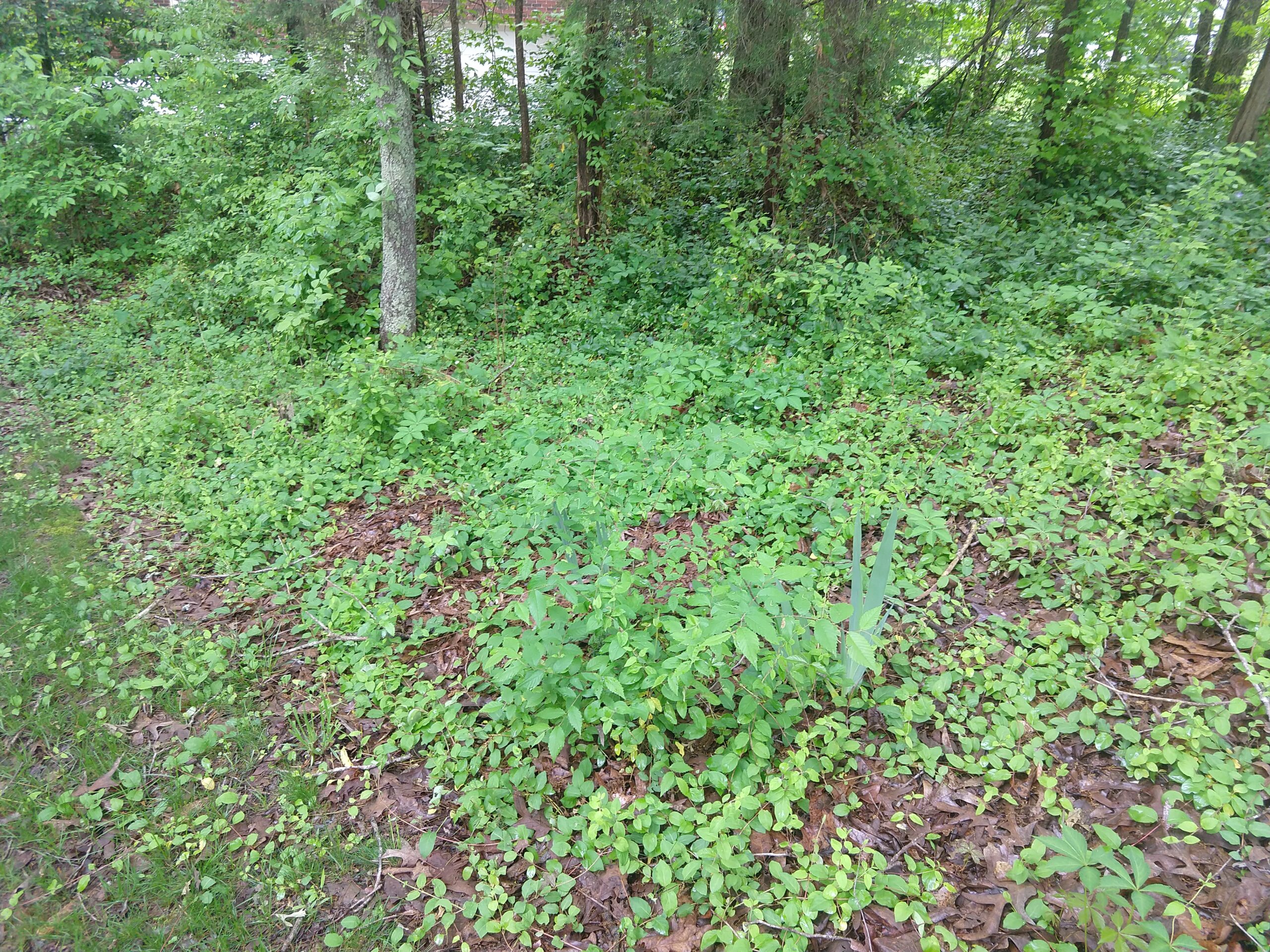

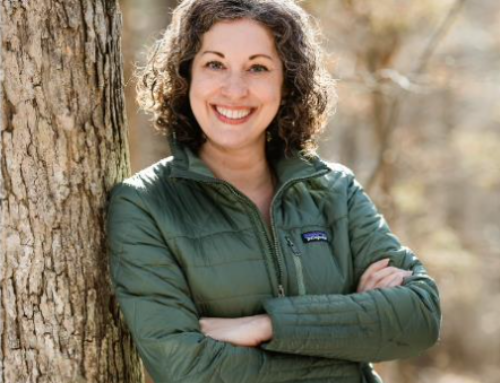
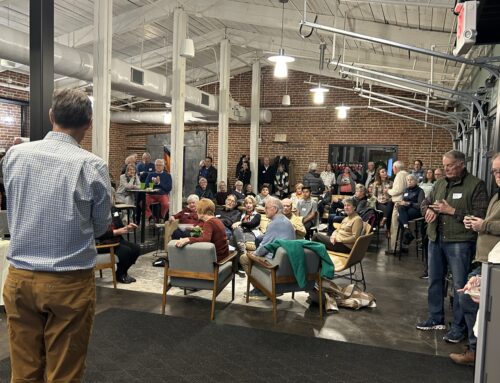
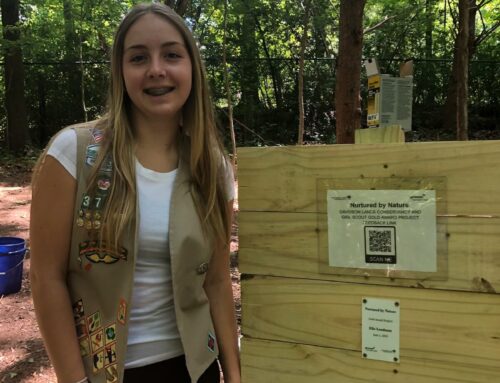
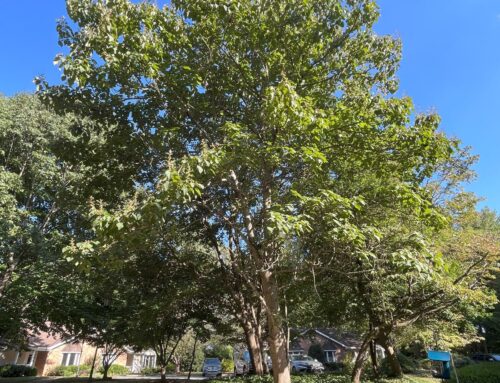
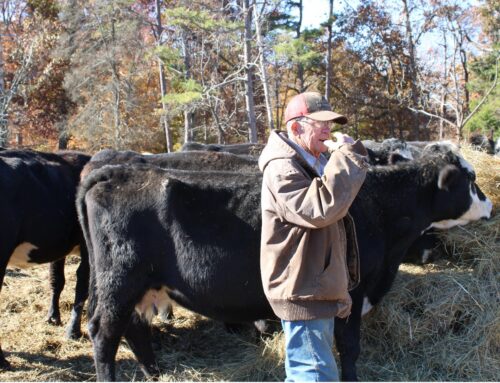
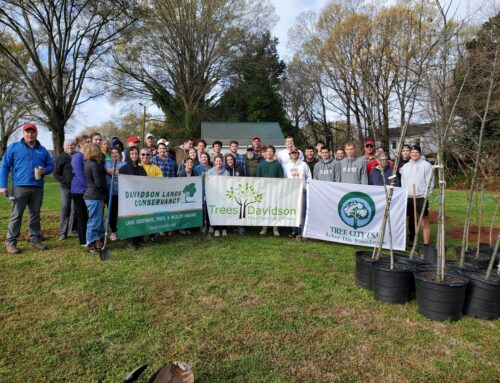
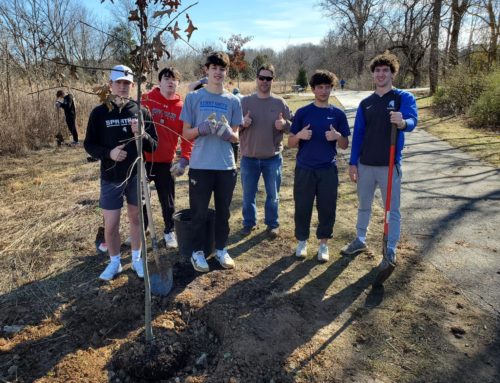
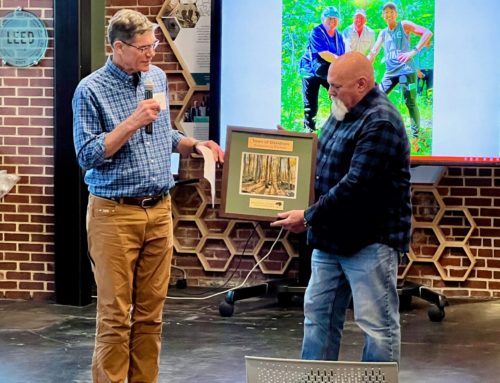
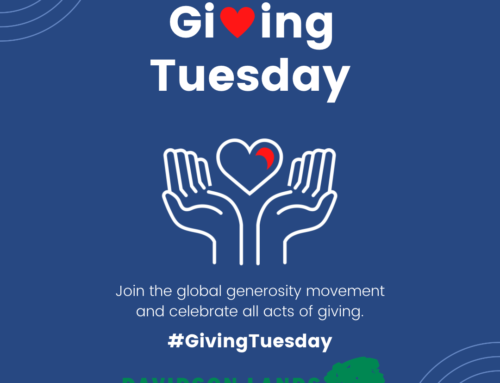
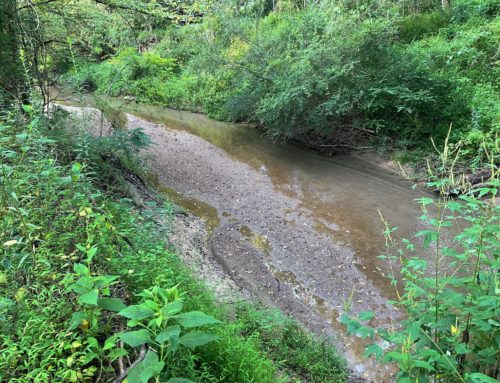
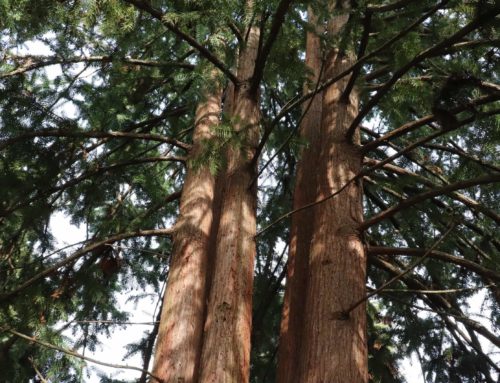

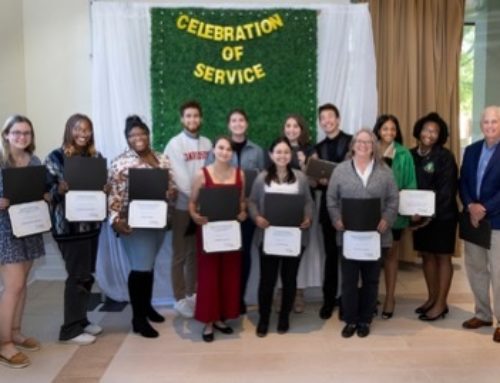

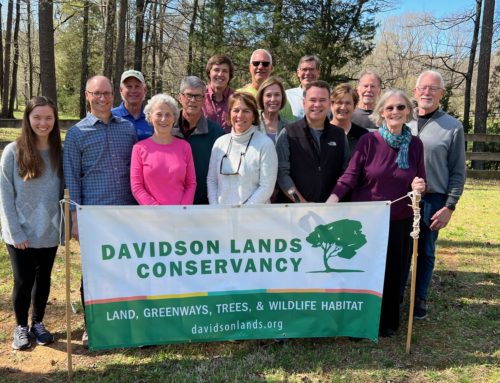
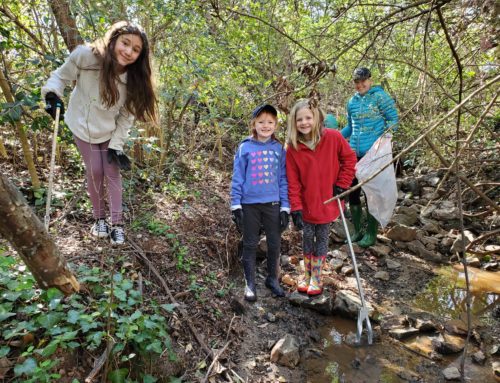
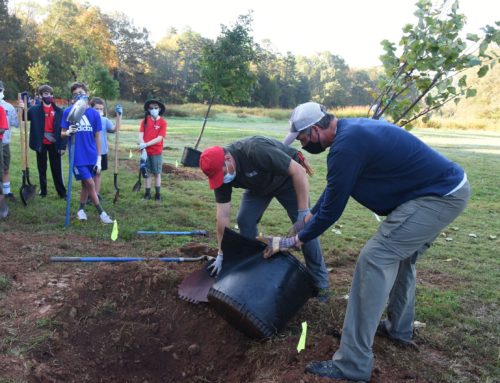


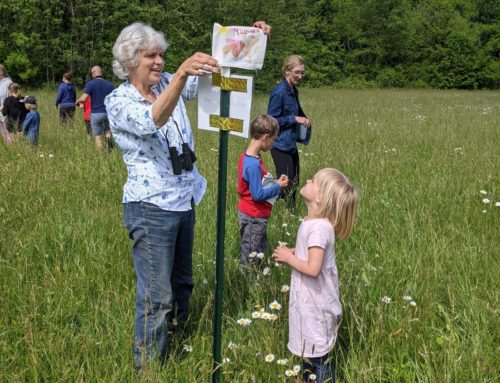
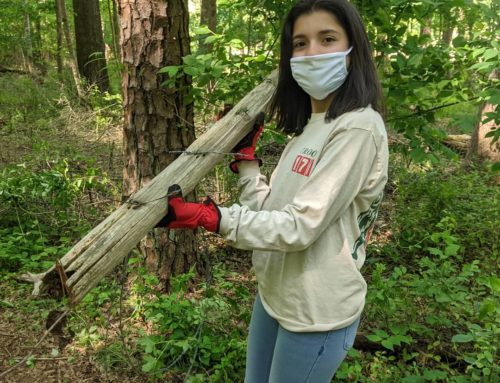
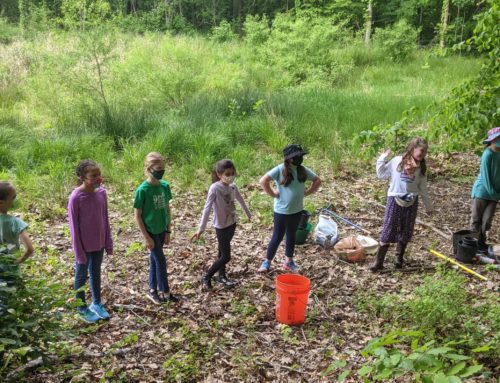
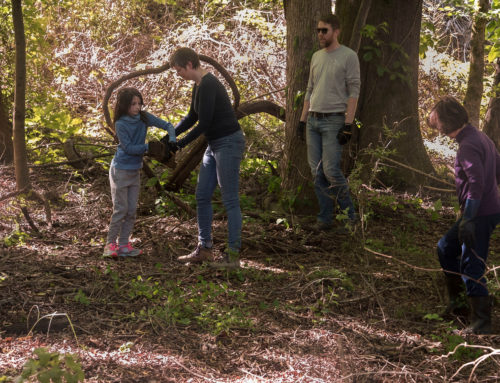
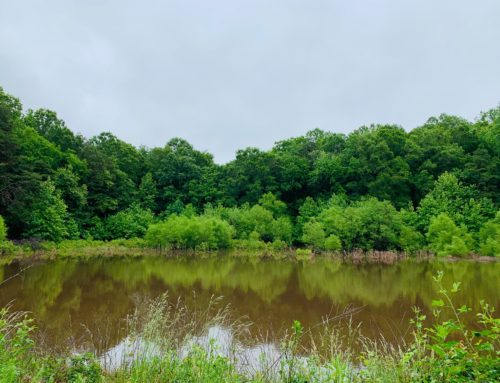
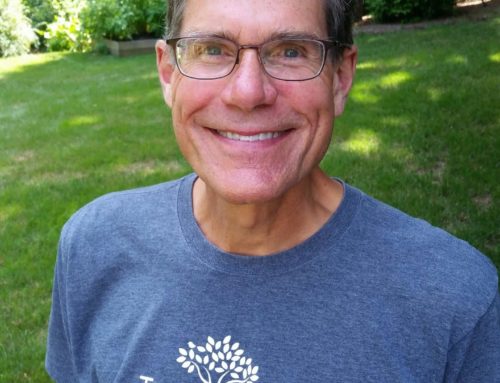


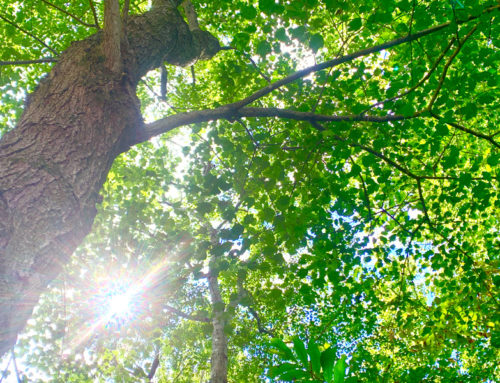
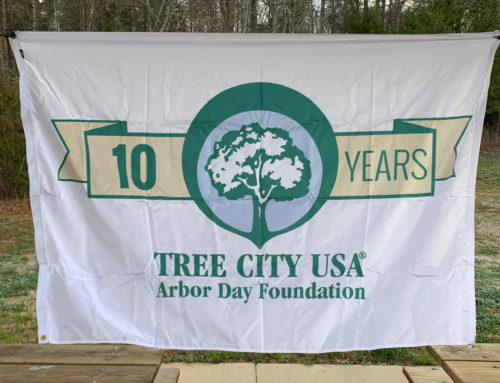
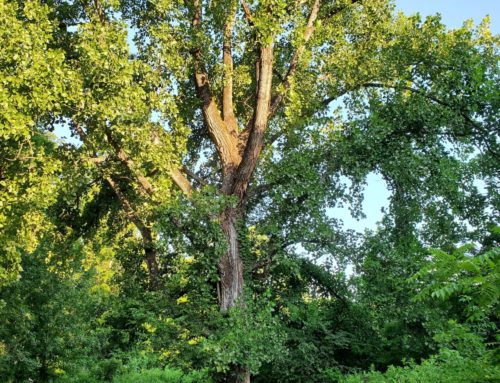
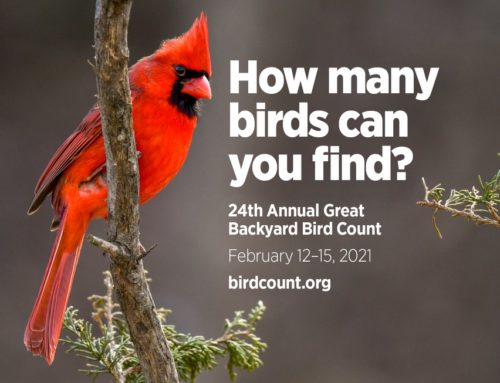
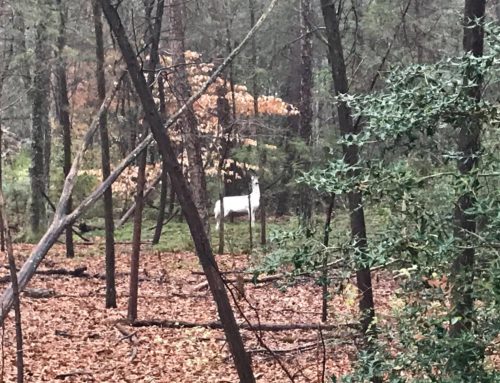
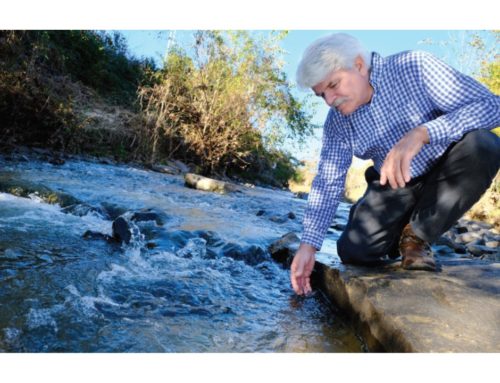
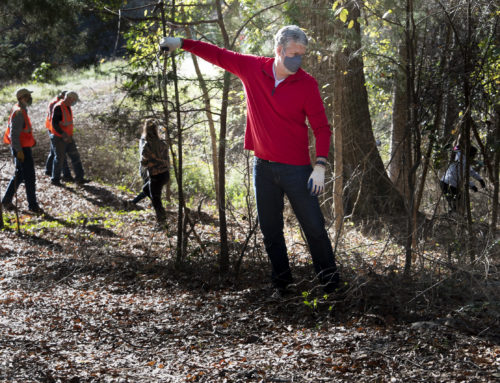

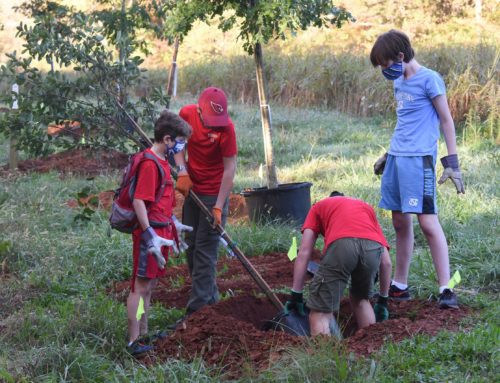
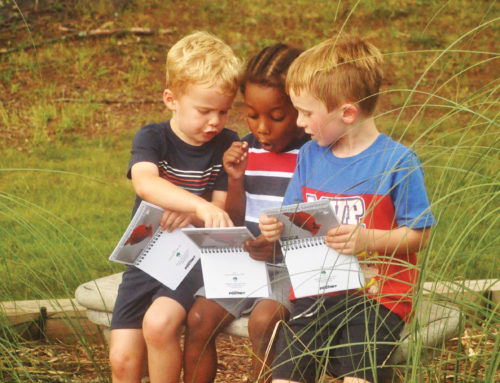
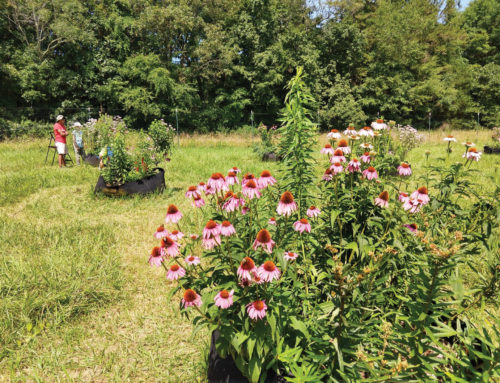
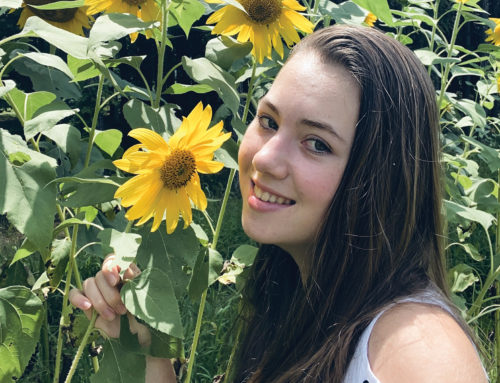
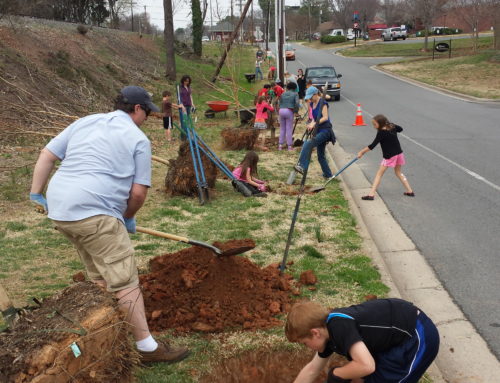
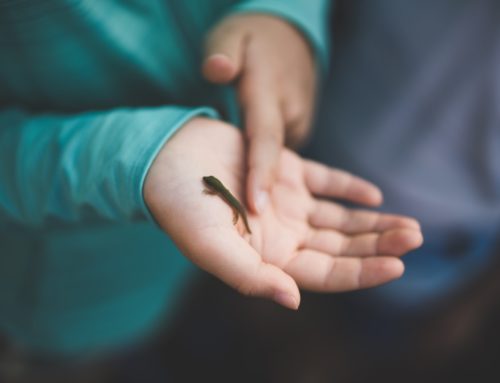
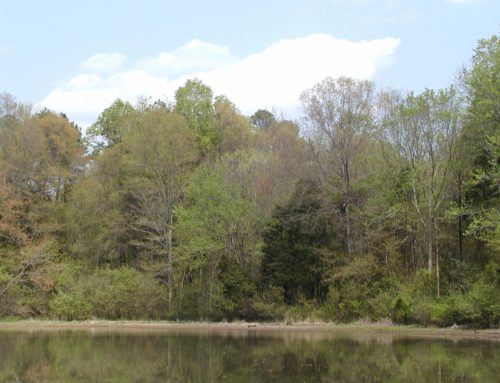
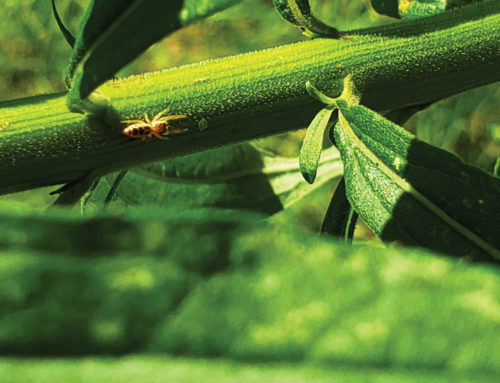
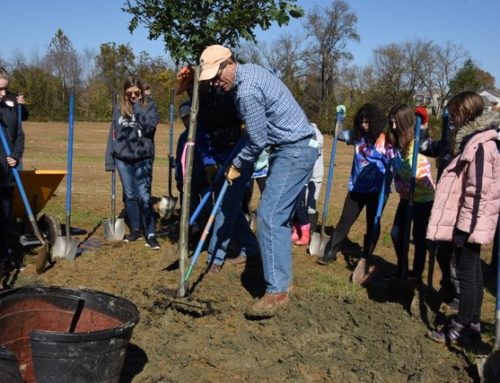
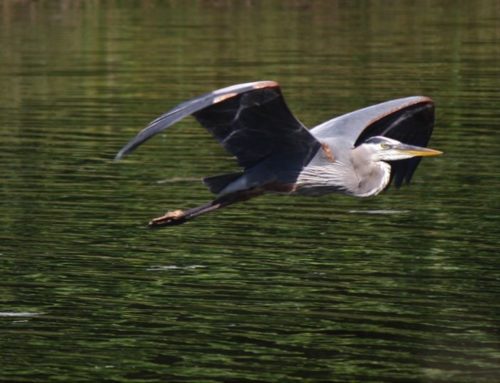
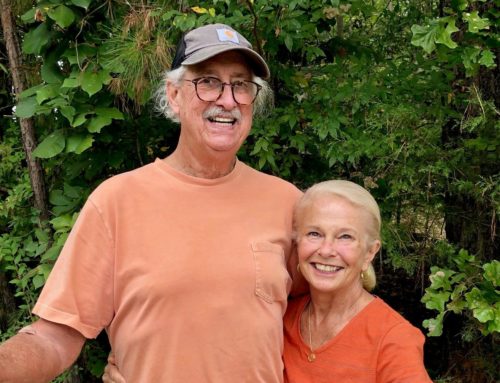
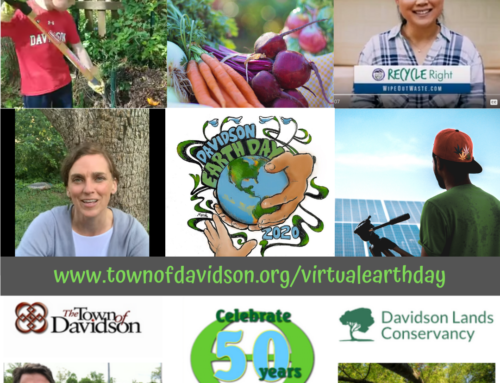
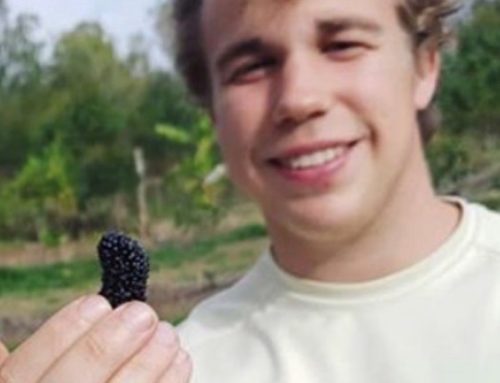
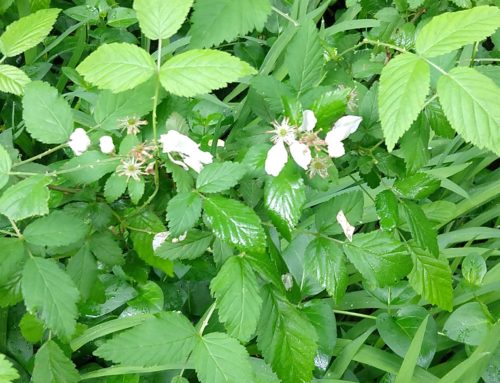
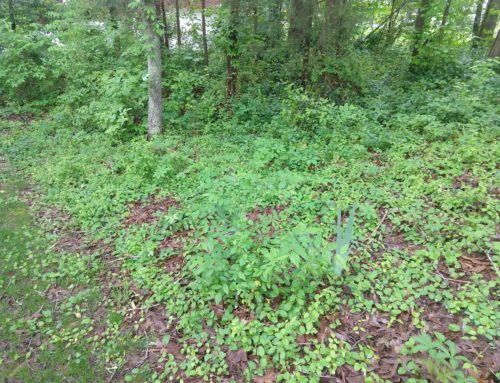
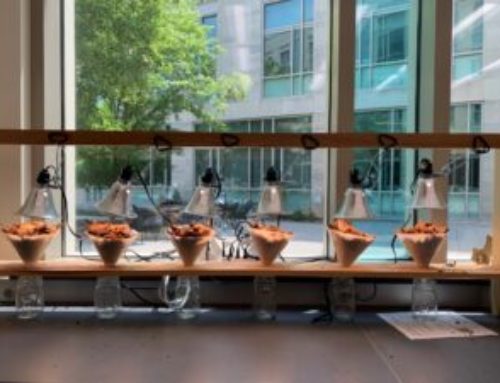
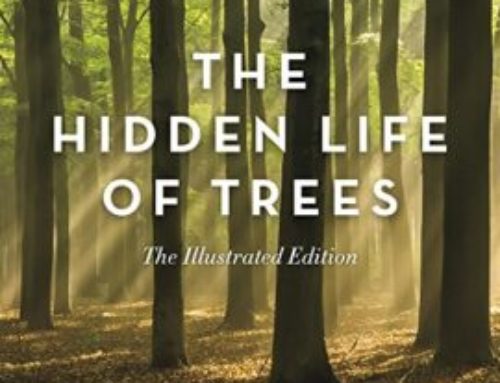
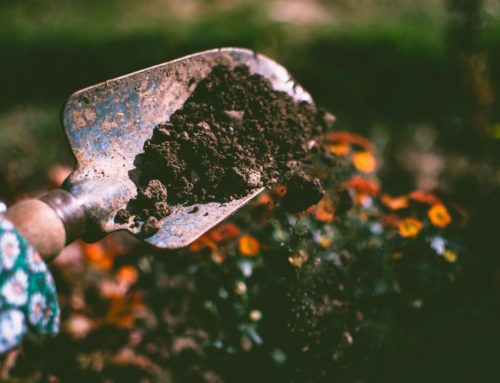
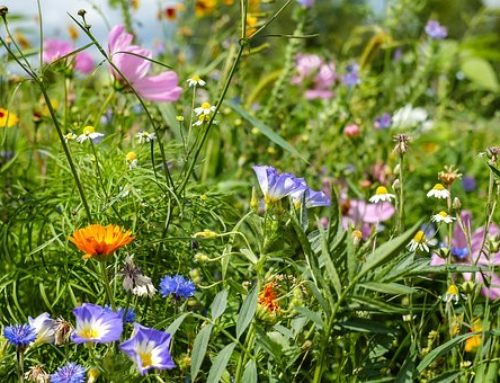
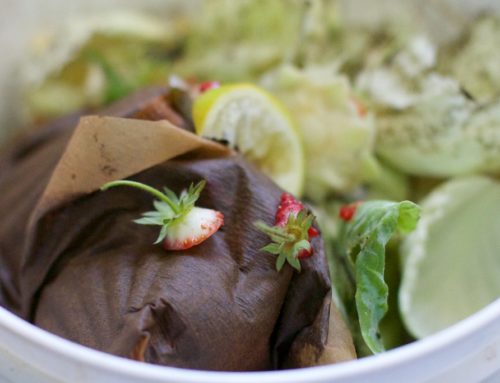
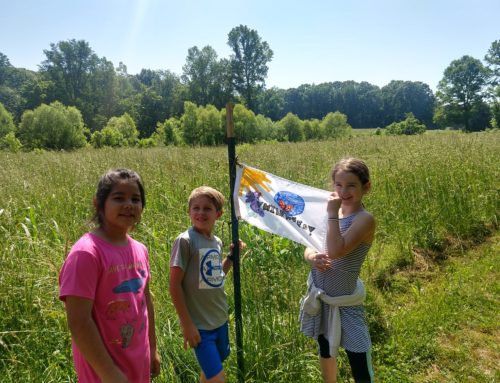
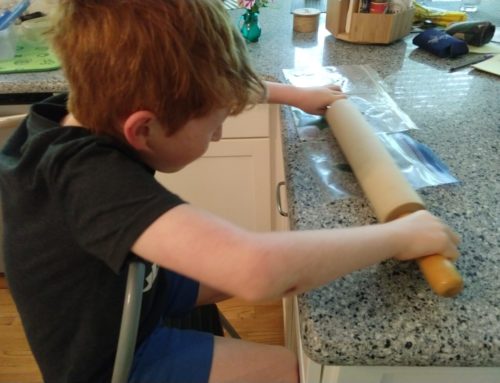
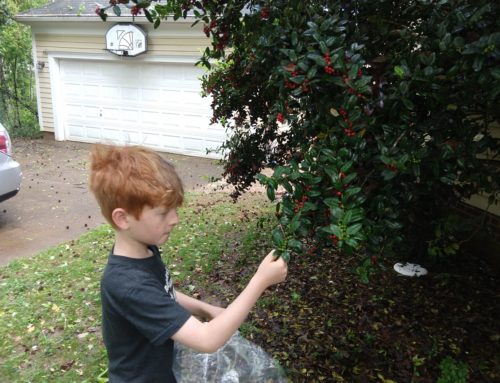

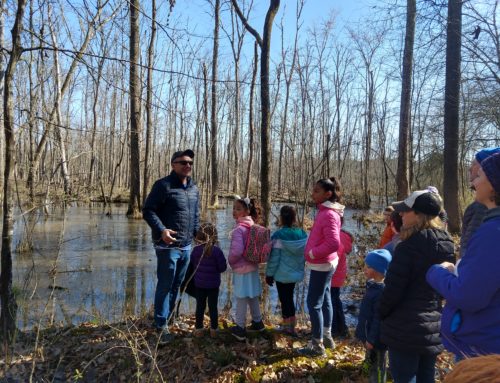
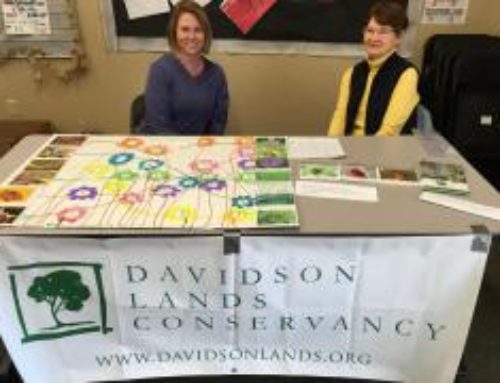
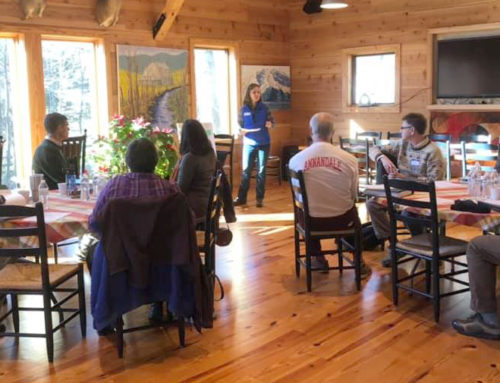
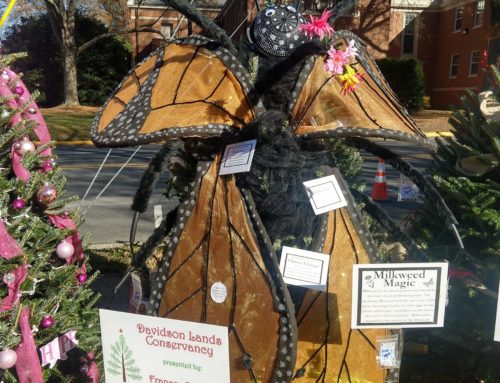
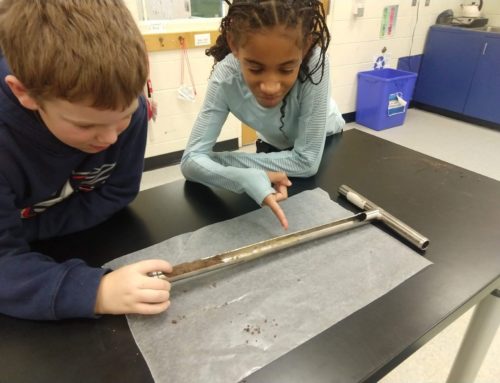

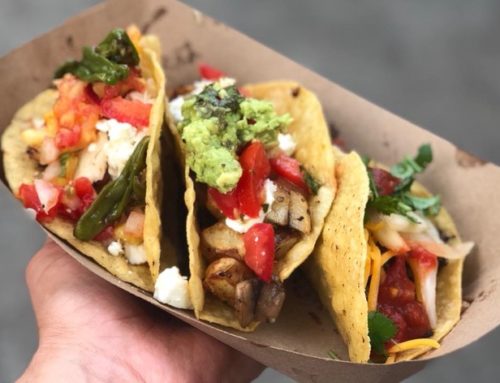
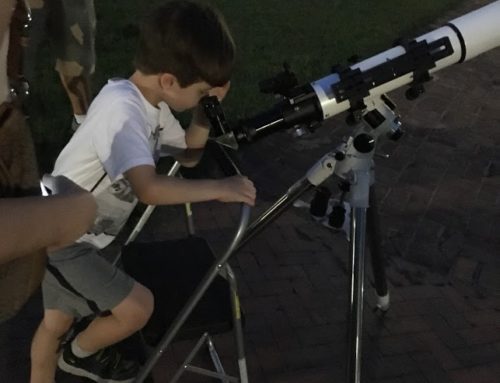
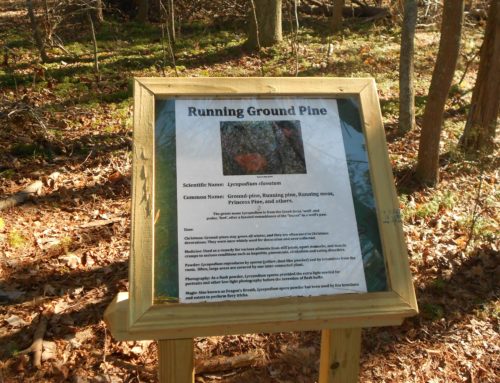
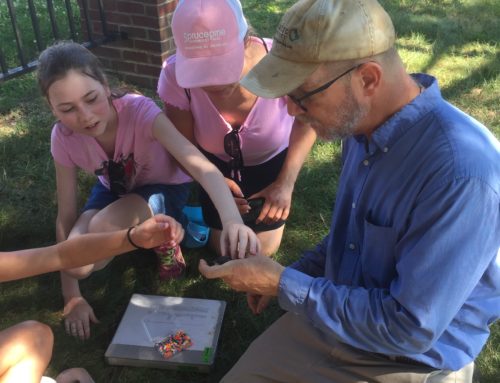
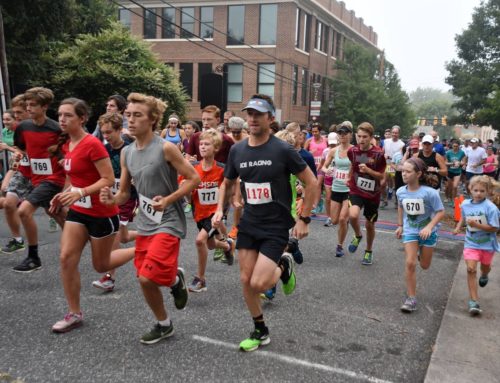
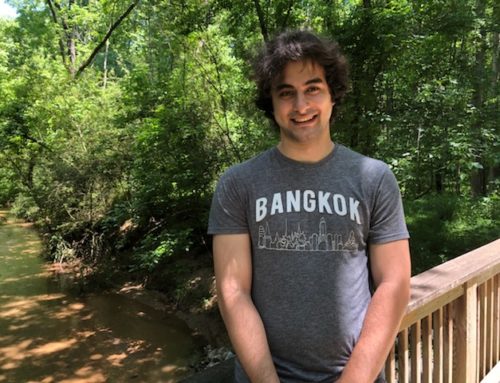
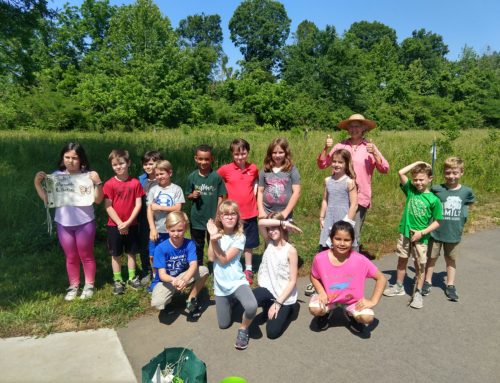
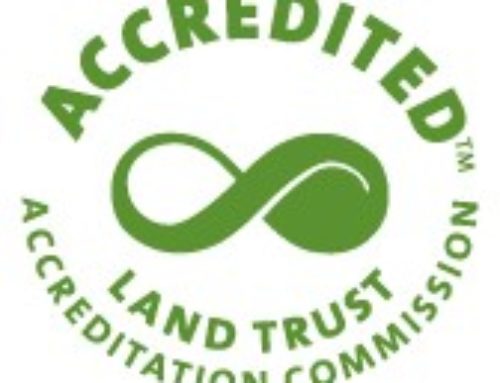
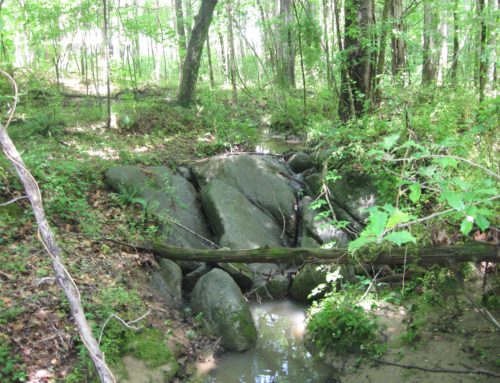
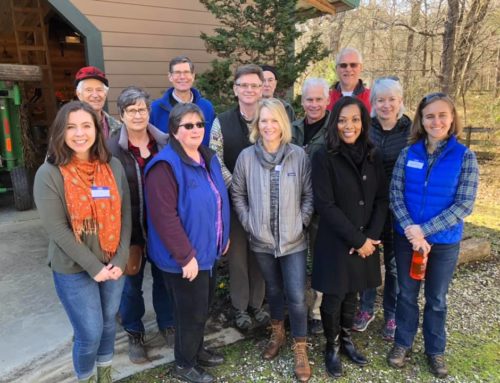

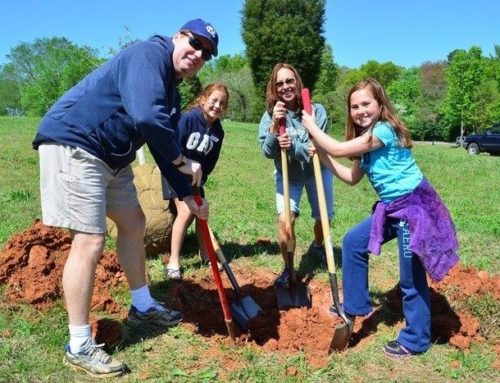
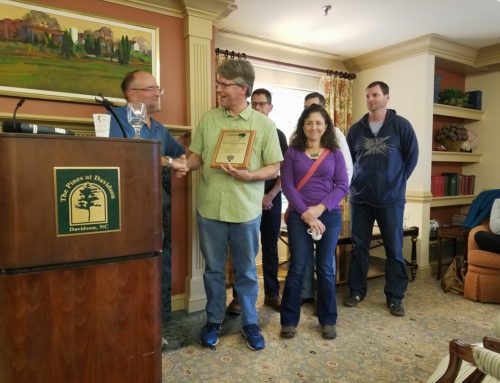
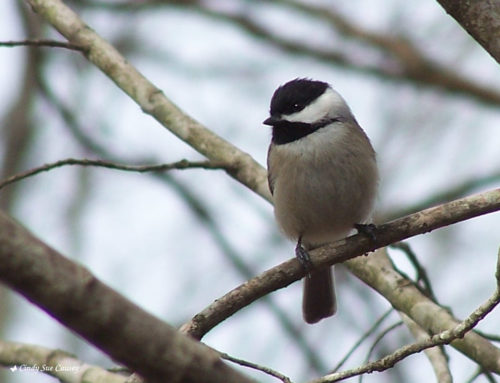
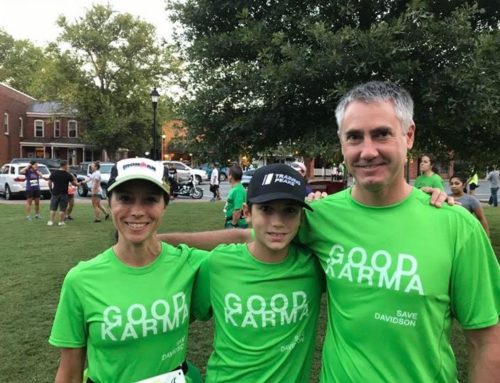
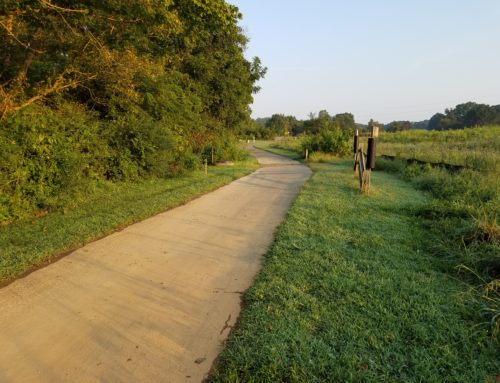
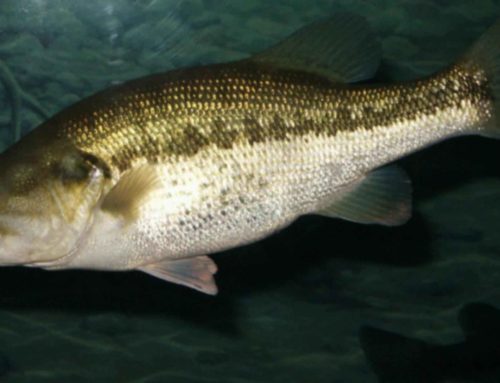
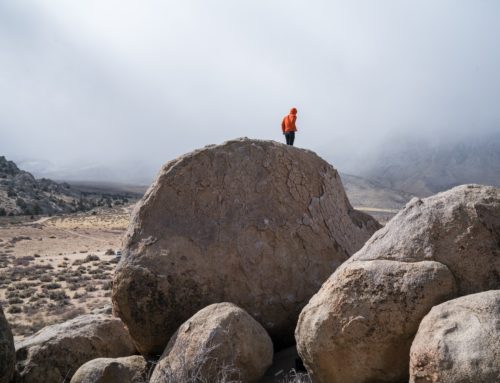
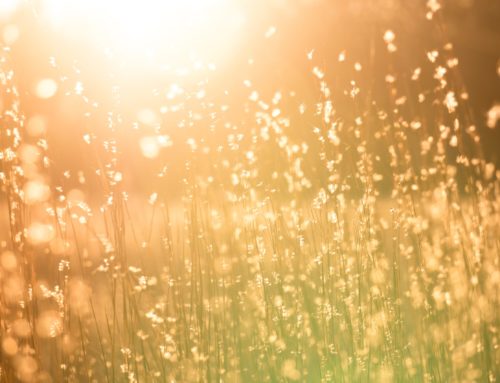
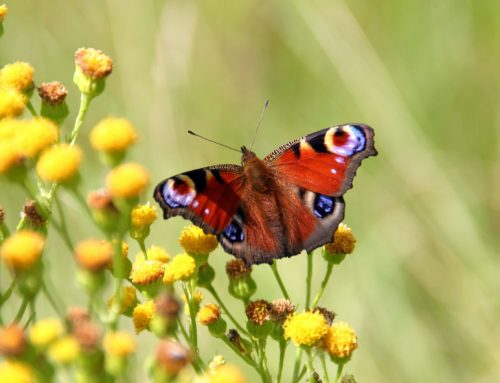
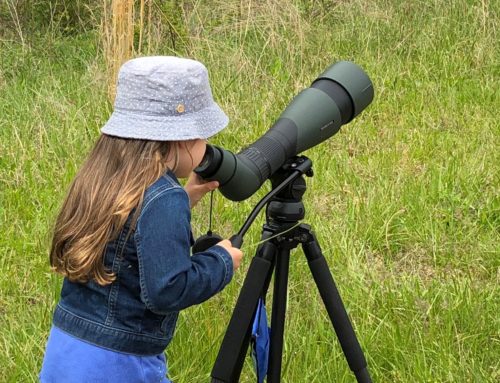
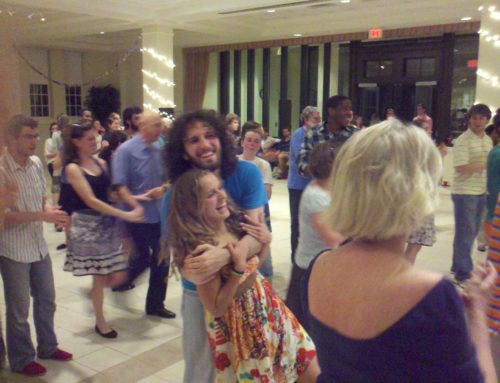
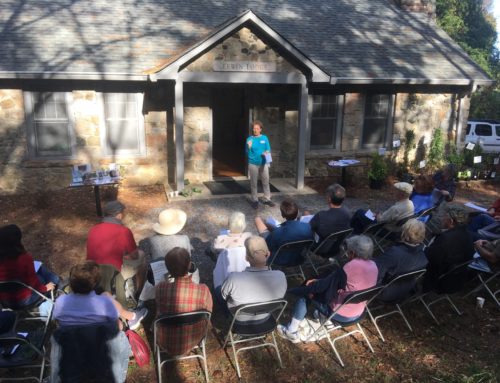
Leave A Comment